Libor requests need not break rules, court hears
- Published
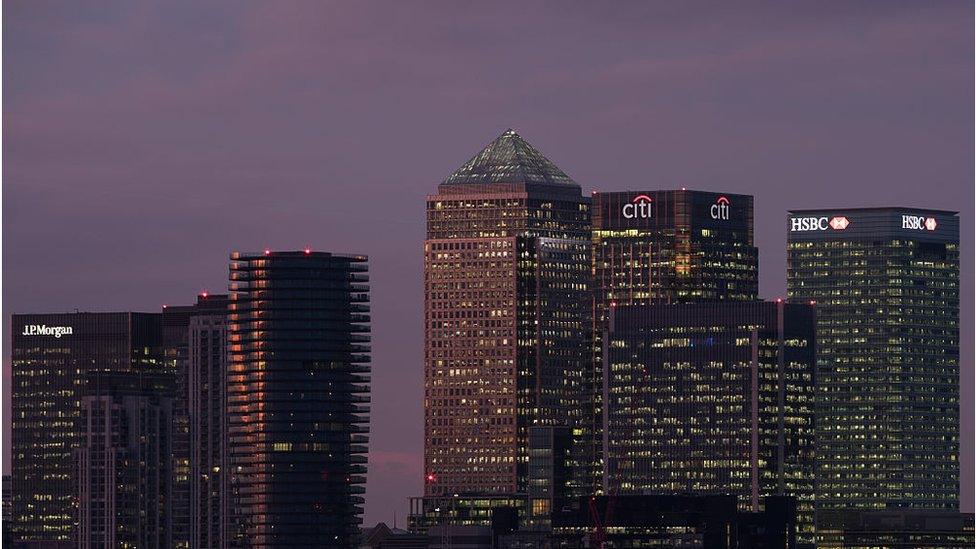
The Libor rate is meant to track how much banks pay to borrow cash from each other.
A prosecution witness in the trial of two bankers for manipulating Libor interest rates has accepted banks could put rates higher or lower without necessarily breaking the rules.
Former Barclays traders Ryan Reich and Stelios Contogoulas are accused of conspiracy to defraud by rigging Libor.
The Libor rate is meant to track how much banks pay to borrow cash from each other.
But the jury at Southwark Crown Court has heard that it could be manipulated.
To arrive at Libor, which stands for London Interbank Offered Rate, banks every day would make submissions stating what interest rate they thought they would have to pay and an average was taken and published.
The jury has heard that banks also had large trading positions which would make or lose money according to the movements of the Libor average.
The traders are accused of making inappropriate requests to Barclays' submitters between 2005 and 2007, asking them to put in submissions that were higher or lower to nudge the average up or down.
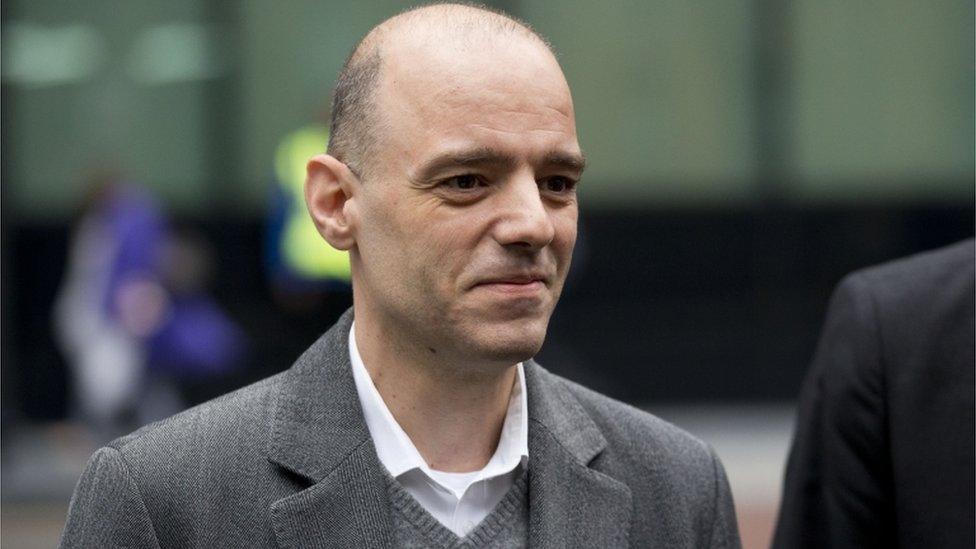
Former Barclays trader Stelios Contogoulas is accused of conspiracy to defraud by rigging libor.
John Ewan, former Libor manager at the British Bankers Association (BBA), agreed in court that a bank could be "perfectly entitled" to ask for a lower rate as long as it was within a range of interest rates at which the bank might borrow cash.
Mr Ewan was asked about the case of a senior Barclays manager who was told by a Libor submitter that the range of interest rates at which the bank might borrow was between 5.10% and 5.25%.
If it put in a higher rate, the senior manager feared the bank might "get slaughtered in the press".
Asked if the rate would still be accurate if he then asked for the submitter to put in a rate at the lower end of the range, 5.10%, Mr Ewan said: "It is in line with the definition at the time, yes."
'Dirty little secret'
Representing Ryan Reich, Adrian Darbishire QC presented Mr Ewan with evidence from 2006, 2007 and 2008 of banks putting in submissions not based purely on the cost of borrowing cash.
In an email cited in court from 3 September 2007, Mr Ewan told BBA colleagues banks were putting in submissions which "ran contrary to the definition of Libor, which insists that rates are based on the interbank market".
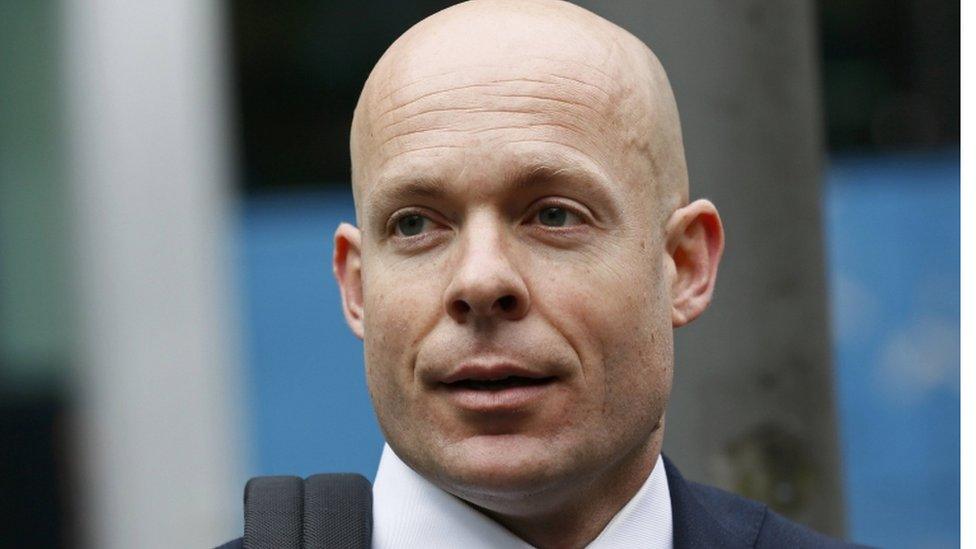
Former Barclays trader Ryan Reich is also accused of conspiracy to defraud by rigging the libor rate.
"It is a dirty little secret that this is not always the case," he wrote.
The court also heard a transcript of a telephone conversation from 29 November 2007 where Mr Ewan discussed with a senior Barclays executive, Miles Storey, how banks were borrowing at a high interest rate but making submissions that said they could borrow at a lower one.
"The divergence between where people are posting them for whatever reasons and where they are actually trading is beginning to sort of creep out of the woodwork," Mr Storey said.
Later in the conversation, Mr Storey also told Mr Ewan: "Manipulation, for whatever reason, is going to come out."
Mr Darbishire asked Mr Ewan: "If a [bank] can borrow in reasonable market size at any one of a wide range of offered rates, then it is not false or inconsistent with the definition for the bank to base its response, in other words its submission, on the lowest of those rates?"
"No," said Mr Ewan.
"Or the highest one or any other arbitrary selection from among them?"
"That's right."
The case continues.
- Published23 November 2016
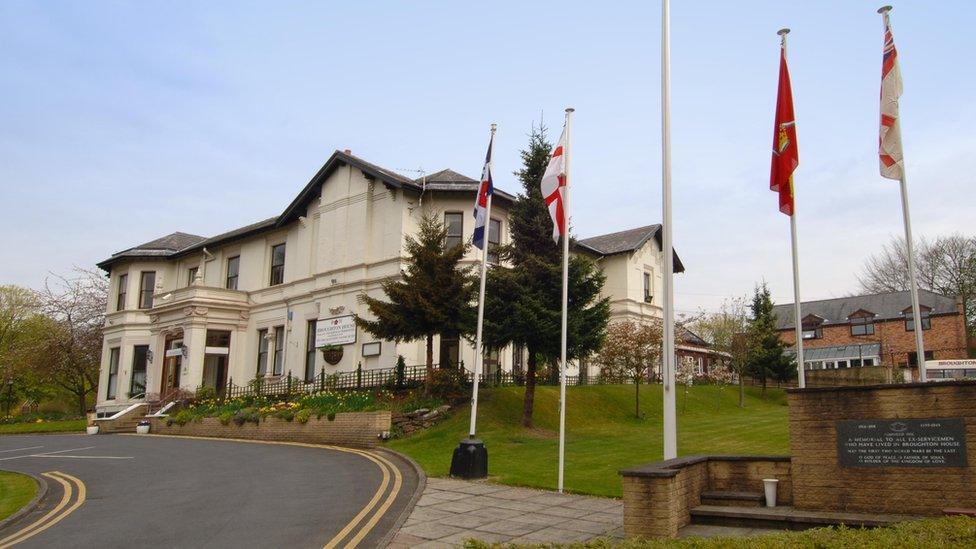
- Published7 July 2016
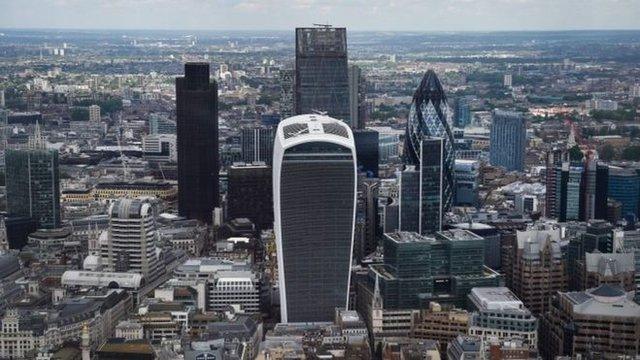
- Published8 April 2016
